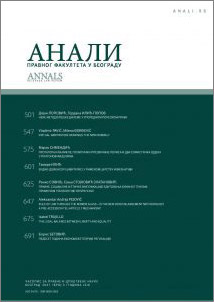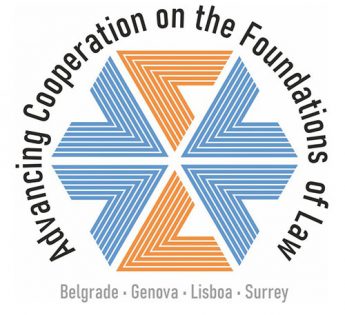
Forvm Romanvm: Prof. Dr Svetozar Boškov Gave a Lecture Entitled „The Trajectory of Greek Warfare”
On Friday, the 6th of May, Prof. Dr Svetozar Boškov of the University of Novi Sad Faculty of Philosophy gave a lecture on the historical development of Greek warfare. He mentioned that this subject is far from exhausted, that there is an increasing body of research on this subject at the global level, and that war was deeply intertwined with the social life and government of the Greek poleis. He pointed out that there is an abundance of sources of different genres to be found in Greek writings, speaking of war, particular battles, and the behaviour of warriors. While in the Greek Dark Ages (around 1200 BCE) battles most likely came down to skirmishes between small groups of elite warriors, armed with spears, fighting for personal honour and prestige, although serving the interests of the community, in the Classical period conflicts begin to involve more people. The professor showed us the usual weaponry and personal equipment of Greek soldiers, and spoke of their tactics and the phalanx formation (from the original to the Macedonian), illustrating it with examples found on a number of Greek vases. Of course, the famous Battle of Thermopylae was analyzed as well. He also took note of the role of the state bodies in warfare, especially that of the ruler (wanax/basileus), focusing on the governmental system in Sparta, and the rules of war that were upheld in that period. Various subjects were touched upon in the discussion that followed the lecture, from a comparison between Sparta and Montenegro, and between the warriors of the past and the special forces of today, to whether Spartan women also went to battle, and the degree of historical accuracy in movies depicting Ancient Greek battles.





